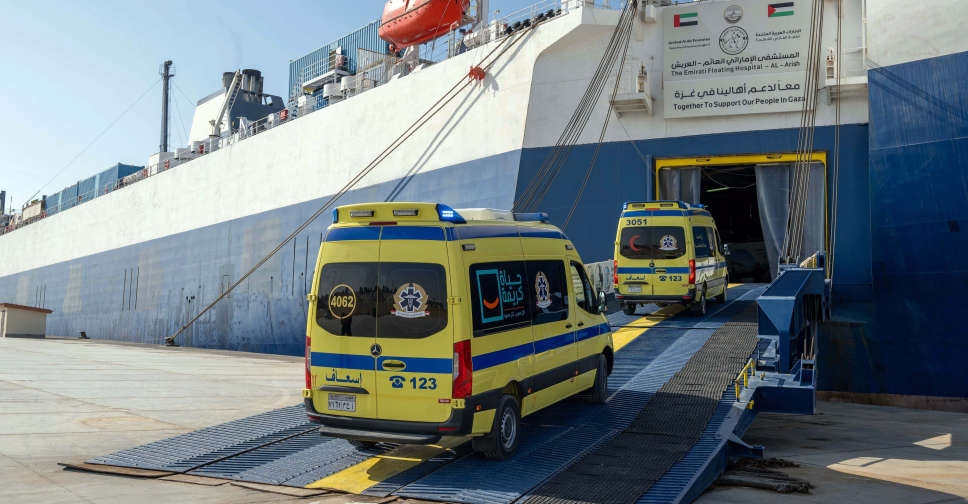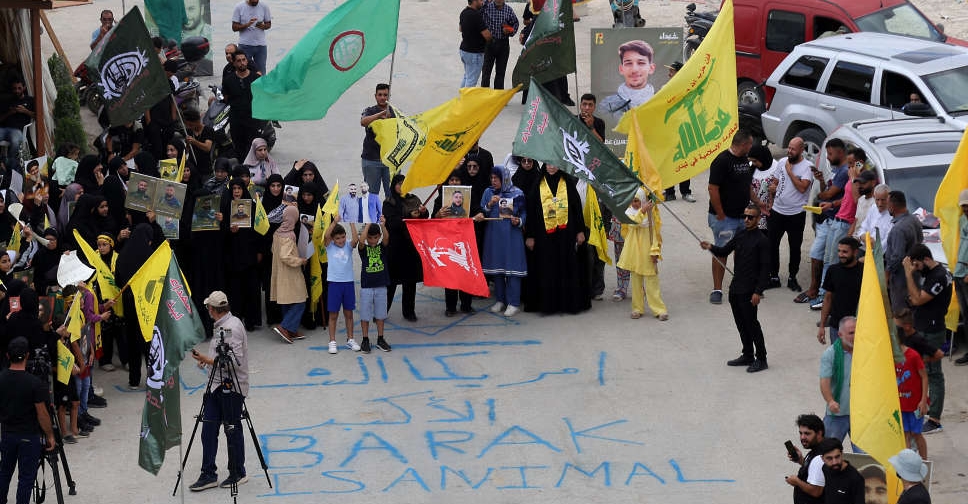
Hundreds of people protested in southern Lebanon on Wednesday against a planned visit by US envoy Thomas Barrack, a day after the envoy stirred anger in the country by publicly scolding Lebanese reporters.
Lebanon's state news agency said Barrack's visit to Tyre and the border town of Khiyam had been cancelled due to the demonstrations.
The US embassy in Beirut did not immediately respond to a request for comment.
Popular opposition in southern Lebanon could complicate US efforts to promote a plan for Hezbollah's disarmament. The plan resulted from a US-brokered truce in November between Lebanon and Israel following more than a year of conflict sparked by the war in Gaza.
The US is linking the plan to a phased Israeli withdrawal from southern Lebanon, while also promoting a US- and Gulf-backed economic development zone in Lebanon's south aimed at reducing Hezbollah's reliance on outside funding.
In Khiyam, a town battered by intense clashes between Hezbollah and Israel, Siham Idrees, a 50-year-old resident, said she joined the protest with her husband and children "because we are against these decisions – Israel and America want our land, our country".
Witnesses said the Lebanese army deployed heavily in Tyre, a UNESCO-listed city hit by Israeli strikes in last year’s war.
Nour Fares, 33, among demonstrators in Tyre, said he was protesting because he considered Barrack the head of a "colonial project" and the US-backed development plans "laughable".
"Since 1978 people of the south never abandoned their villages," he said.
On Tuesday in Beirut, Barrack clashed with Lebanese reporters at a press conference, saying he would leave if they did not "act civilised, act kind, act tolerant". Many Lebanese saw the remarks, widely circulated on Lebanese media, as disrespectful, and the Lebanese presidency issued a statement in support of the journalists following what it called Barrack's "inadvertent" comments.
Hezbollah has repeatedly refused to surrender its weapons. Barrack has said the Lebanese army will present a plan on August 31 aimed at persuading the group to disarm.

 All 7 on board killed after air ambulance crashes in India
All 7 on board killed after air ambulance crashes in India
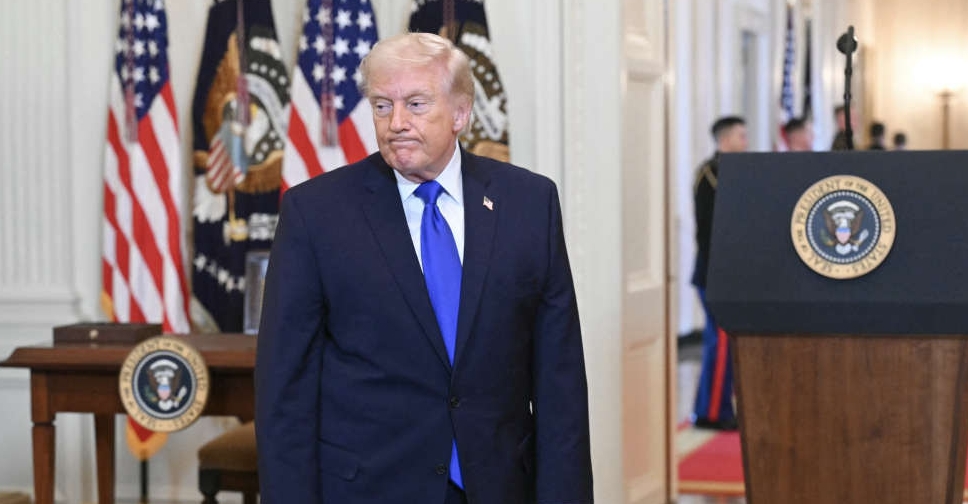 US judge permanently blocks release of report on Trump documents case
US judge permanently blocks release of report on Trump documents case
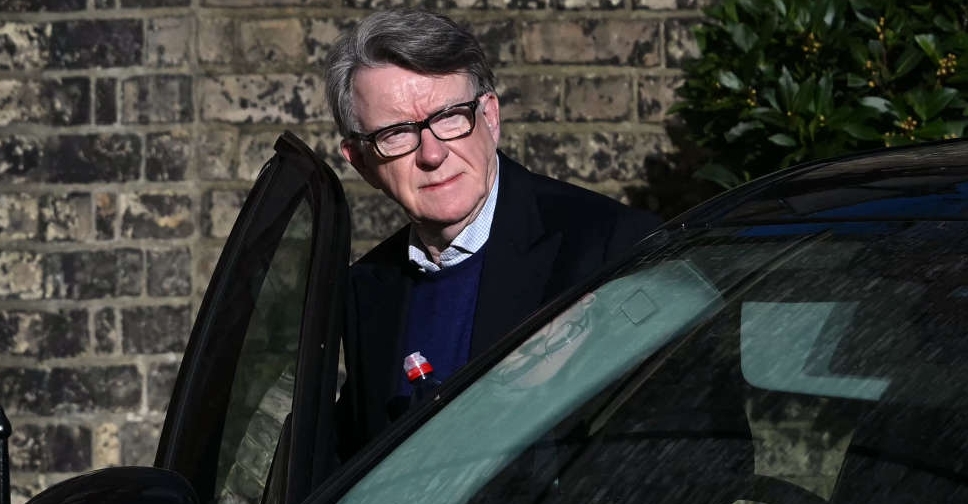 Former UK ambassador Mandelson released on bail after Epstein revelations
Former UK ambassador Mandelson released on bail after Epstein revelations
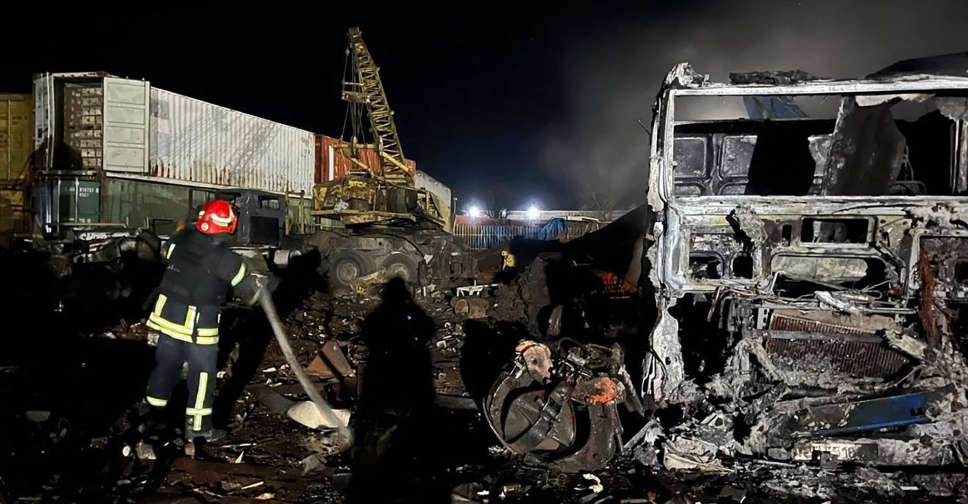 Russian attack on Ukraine's Odesa region killed two people, injured three
Russian attack on Ukraine's Odesa region killed two people, injured three
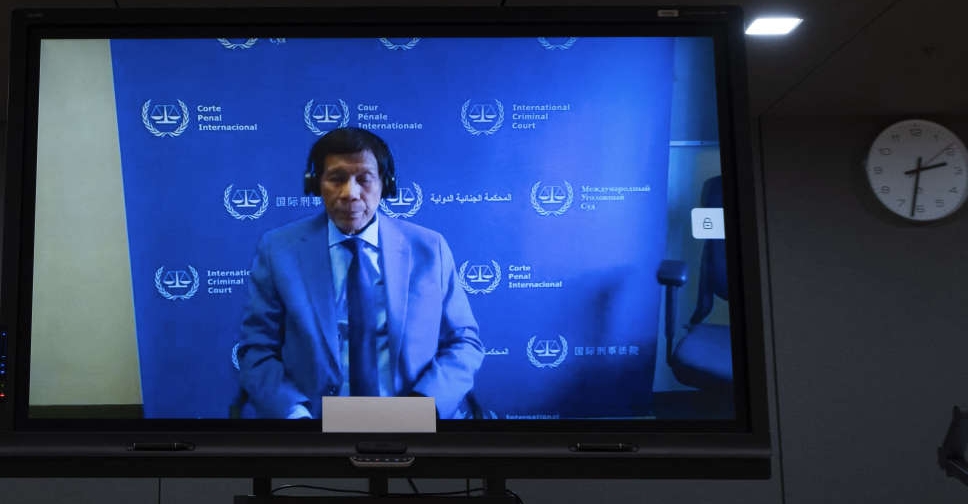 Duterte was 'pivotal' in murder of thousands, ICC prosecutors say
Duterte was 'pivotal' in murder of thousands, ICC prosecutors say



